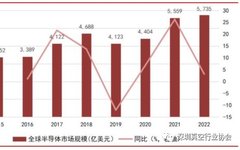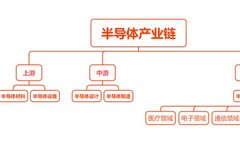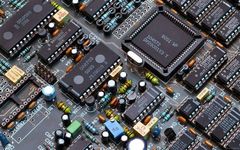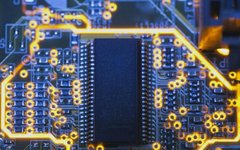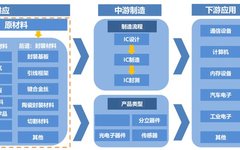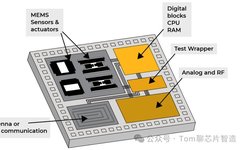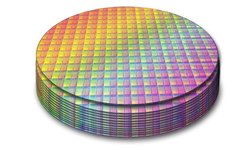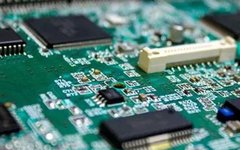Detailed Explanation of Semiconductor Processes and Lithography Technology
Source: Comprehensive Semiconductor Original Author: YuanYuanDeYuan This article provides a detailed introduction to semiconductor processes and lithography technology. 1. The Birth of Integrated Circuits In February 1946, the world’s first electronic computer, ENIAC (Electronic Numerical Integrator And Computer), was born in the United States. It was a massive device weighing 30 tons, using 17,468 vacuum … Read more

